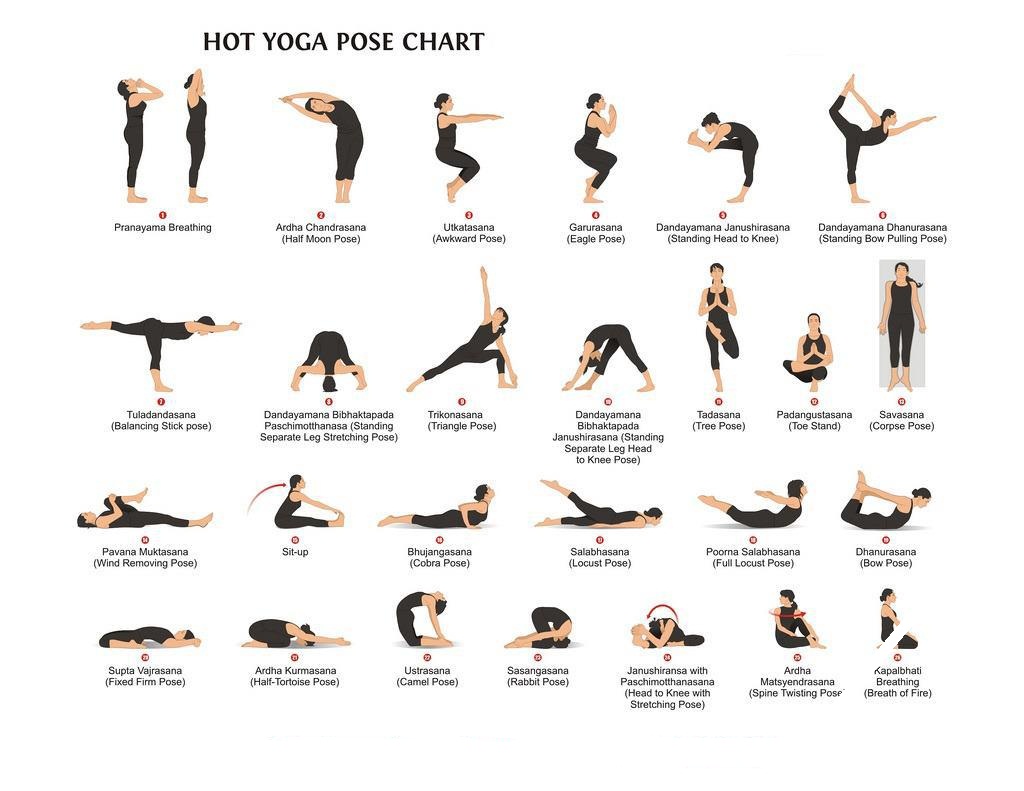5 Ways To Embrace A Longevity-Promoting Diet, According To A Nutrition PhD
Here’s to living our best lives by taking full advantage of the power of science-backed nutrition.


Sometimes a truly awesome compilation of scientific evidence in the field of nutrition is systematically examined by researchers, and as a nutrition scientist and dietitian, it makes me want to shake the author’s hands and personally thank them. This recent review publication from the highly competitive journal Cell is one of those instances. To study authors Valter Longo, Ph.D. and and Rozalyn Anderson, Ph.D., I’m metaphorically tipping my nutrition hat to you.
Below, you’ll find pivotal takeaways from this seminal beast of a publication—the major action items, so you have nutrition intel at your fingertips to infuse into your life. (Because while science is cool, genuinely helpful nutrition and health advice is even cooler.)
From complex cellular pathways and preclinical models (from yeast and worms to rodents), all the way up to randomized controlled trials in humans and population research—this formative Cell publication investigated what dietary patterns and related choices impact biological years of life, aka longevity.
As the science clearly demonstrates, healthful nutrition is the ultimate power play. It enables us to harness cellular pathways of rejuvenation and even regeneration for healthy aging. Now that's powerful.
Indeed, dietary intervention can initiate cellular responses that "allow organisms to enter a high protection and slow aging maintenance mode," explains the researchers. From mechanistic to clinical research evidence, here are the nutrition “plays” we can put into practice for a healthy life.
5 tips to embrace longevity nutrition.
1. Love your cells: It’s all about inside-out nutrition.
From simple organisms to humans, cellular pathways are where it's at for leveraging nutrition from the inside out. Based on the collective research, it appears that a few key cellular processes are clearly pro-longevity and are therefore heavily conserved across species.
Some of these undeniably important features for longevity include efficient energy metabolism in the mitochondria (energy powerhouse of our cells), cellular housekeeping (autophagy) activities, resilience to stress, times of fasting, and the utilization of fats for fuel.
For energy metabolism, along with a healthy balance of macros (carb, protein, fat), essential B vitamins and CoQ10 required for cellular ATP energy production also immediately come to mind.*
You’ll also want to be intentional about consuming antioxidant nutrients (vitamins C, E, omega-3s, etc.) and key plant bioactives to combat cellular stressors and striking a daily balance between antioxidants and oxidants (i.e., to combat oxidative stress, a clear contributor to aging).*
The utility of a fat-centric lifestyle or a fat-heavy dietary pattern like keto (if that’s your thing), or simply incorporating healthy fats regardless of your dietary pattern, makes a ton of nutrition sense when those fats are most sourced from plants and fish.
And giving your bodies and cells a second to reboot and “clean up house” via intermittent fasting is, well, common sense (but also now rooted in a compelling body of scientific evidence).
2. Embracing more plants has major payoffs.
The collective research demonstrates that more plants (fruits, vegetables, legumes, nuts, seeds, etc.) are the literal recipe for regenerative nutrition, health, and longevity.
This heavily plant-based approach will naturally deliver loads of vitamins, minerals, fiber, and phytonutrients. And it should feature quality protein intake with diverse amino acids, plus healthy fats and mostly complex (non-refined) carbs for blood sugar balance and metabolic health. After all, metabolic health is intimately connected to most other aspects of health, even immunity.
3. Tread lightly with this trio.
Animal fats, sugar (and refined carbs generally), and animal protein are tied to pathways that promote excess adiposity, reduce insulin sensitivity, trigger oxidative stress and inflammatory cascades, and elevate metabolic dysregulation.
Over time, the whole-body implications of these perturbations of health are massive, impacting your heart, your brain, and everywhere in between.
4. Be thrifty with your calories.
While the goal is always to consume a normocaloric pattern of nutrition (i.e., for your calories taken in to match your personalized metabolic needs), there are some things to keep in mind. For instance, when caloric intake regularly exceeds needs, this can result in energy balance being off kilter.
When it comes to striking energy balance, I don't have to tell you that our current food environment is working against us. In the last few decades, we've experienced a major one-two-punch: Portion sizes have drastically increased, while nutritional quality of our food has plummeted.
What's more, we know from rodents and primates, to Homo sapiens ourselves—conserving calories not only helps one achieve and maintain a healthy weight but more importantly, results in positive changes in body composition, namely less excess adiposity (fat mass) and more lean muscle tissue (fat-free mass).
On the flipside, excess calories, fat storage, insulin resistance, and shorter lifespan are intertwined. Not a fun web to be tangled in. For example, we know that elevated insulin levels are clearly tied to accelerated aging, a relationship that’s conserved across many species.
Consuming fewer calories from food is directly related to cardiometabolic health gains in the realm of insulin sensitivity, heart physiology, and even liver health. What's more, clinical studies indicate that being thrifty with calories leads to biomarker improvements that indicate the "pace of aging is delayed.”
Is anyone else's mind blown that we have the ability to quite literally pace ourselves, for our well-being and fullness of life? I personally find it very empowering.
5. Give your cells a break by fasting.
If you were to take a class on longevity enhancement 101, fasting would be discussed in the first lecture. That's because from the research to date, it's very clear that longevity is tied to "a switch to metabolic patterns associated with fasting responses."
While fasting comes in many varieties, the most common form is intermittent fasting, involving 12 to 23 hours of fasting per day. Now, I recognize that fasting may not be the best fit for everyone, and for anyone with a history of disordered eating, you'll want to partner closely with your healthcare practitioner.
However, for most individuals, I encourage looking at the term "fasting" in a new light. I think it’s useful to think of intermittent fasting as a dedicated window—a way to “corral” nutrition consumption into a defined period of time (e.g., 12 hours) in your day.
In contrast to an ad libitum approach of eating (whenever), this food “corral” has been demonstrated by research to promote healthy inflammatory and metabolic pathways (e.g., blood sugar balance and cardiovascular biomarkers), reduce overall and visceral fat, and even support sleep.
Longevity diet pillars revealed
So after digging into the full-spectrum of research literature (from cells to humans) on nutrition factors and cellular pathways that impact longevity, the common denominators can finally be unveiled. The thesis is dominated by plants and leveraging the power of a break from food (fasting) each day.
Here are the five key pillars:
The study authors conclude: This longevity diet represents "a valuable complement to standard healthcare" and "sustaining health into advanced age." I couldn’t agree more.
Thanks to the scientific research to date, we know the “code”, if you will, for healthspan-promoting nutrition. It’s all about nourishing ourselves from the inside out with high quality fuel for our cells. Think: plant-centric whole foods, omega-3 laden fish, limiting sugars, and focusing your food intake into a 12-hour daily window.
Here’s to living our best lives by taking full advantage of the power of science-backed nutrition. Because tapping into longevity nutrition today equals a much better tomorrow and thereafter.
If you are pregnant, breastfeeding, or taking medications, consult with your doctor before starting a supplement routine. It is always optimal to consult with a health care provider when considering what supplements are right for you.
And do you want to learn how feng shui can help you create a high-vibe home and set powerful intentions to manifest your dreams? This is feng shui the modern way - no superstitions, all good vibes. Click here to register for a free session with Dana that will give you 3 tips to transform your home today!

 KickT
KickT 

























.jpg&h=630&w=1200&q=100&v=6e07dc5773&c=1)





